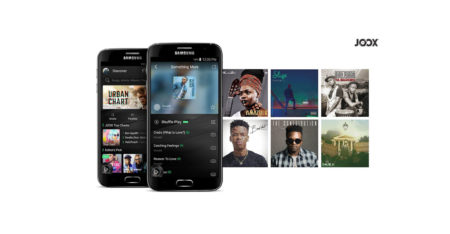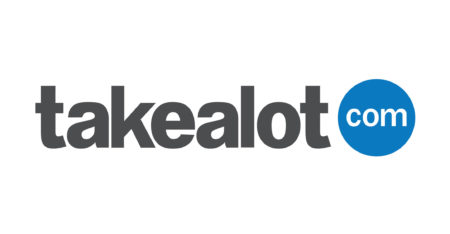South Africa’s largest online retailer, the Naspers-controlled Takealot, is working hard to ensure its website stays up on the Black Friday sales day, which happens this year on 23 November.
Browsing: Naspers
On TalkCentral this week, Duncan McLeod and Regardt van der Berg chat about Apple’s new iPad Pro models, the new MacBook Air and the new Mac mini – and ask: is Apple pricing itself out of the market?
Naspers affiliate Tencent will expand its age-verification system to encompass its entire games line-up, an unprecedented undertaking in response to growing criticism it encourages addiction among youngsters.
Naspers soared the most in close on four years Wednesday as investors got two pieces of good news.
Naspers said on Friday that it will invest R1.4-billion to help South African technology entrepreneurs grow their start-ups and will invest R4.6-billion over the next three years in the local technology sector.
Naspers has announced a management shake-up at MultiChoice, with the creation of a new MultiChoice Group business (formerly Naspers Video Entertainment), which will be headed by Calvo Mawela.
Naspers is planning to increase its stake in Indian online food delivery business Swiggy as the start-up plots its third fundraising round of the year, according to people familiar with the matter.
South African insurance technology company Click2Sure, founded by former Naspers executives, said on Wednesday that it has secured funding from Nasdaq-listed Greenlight Capital Re.
MultiChoice said on Monday that it is adding the Joox VIP streaming music service as a free value-add to DStv Premium, Compact and Compact Plus subscribers.
South Africa’s largest online retailer, Naspers-controlled Takealot.com, is said to be planning a Gauteng customer collections centre located on the N1 bridge at New Road in Midrand.











